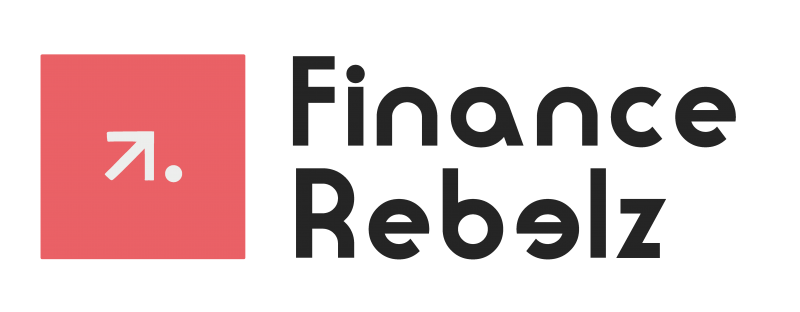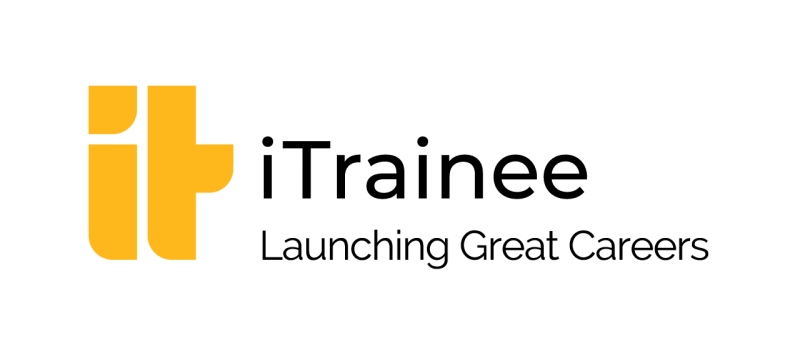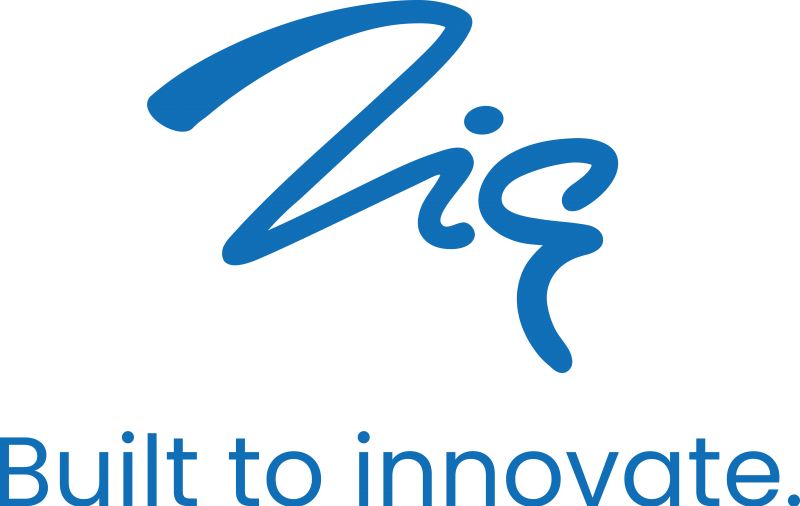On Tuesday the 30th of November during the lunchbreak, the first edition of the Business Administration Reflection Time (B.A.R.T.) of the academic year 2021-2022 took place.
In total, thirteen students and sixteen staff members joined discussions about the following three statements:
1. Doing an internship should be a compulsory part of the bachelor curriculum.
Summary of the discussions: staff and students agree that an internship should not be a compulsory part of the bachelor curriculum. However, doing an internship could, and should be encouraged by making a specific period available for doing an internship, and through providing the right information at the right time.
2. Even after corona(measures), there should be an option to follow online education, both lectures and tutorials, in addition to physical education.
Summary of the discussions: even though many students appreciate having (temporary) access to web lectures, the programme should no longer offer full online (live) education to all students when the corona measures are over. It is important to look at where online and offline education complement each other, in order to combine the best of both worlds.
3. During the Academic Skills course, there should be compulsory guest lectures that introduce students to the future working field.
Summary of the discussions: the course Academic Skills is not seen as the right course to start working on field orientation. However, staff and students agree that it’s important for students and their development to embed working field orientation throughout the programme and to start early.
Statement 1: Doing an internship should be a compulsory part of the bachelor curriculum.
It was quickly concluded by most students and staff that making internships compulsory, would not be the ideal solution for covering the lack of being able to attain practical experience during the bachelor. Students entering the bachelor directly after high school, choose for studying at a university in the first place because of its theoretical orientation, rather than a more practical one. In addition, students who come from universities of applied sciences might not see the advantages of mandatory internships as it is likely that they already have finished an internship.
However, everyone agreed on encouraging internships in the bachelor curriculum. It was acknowledged that finding an internship is the responsibility of the student. Although there are enough organizations for internships (also within the university), students pointed out that the process lacks accessibility and visibility. It’s difficult for students to start this process: students indicated that they did not know where to start, where to find information about internships and whom to talk to.
Providing timely and sufficient information to students needs to be prioritized. Right now, students receive information about internships in their first year. This might be a bit too early and too little information. Instead, lectures about internships could be provided in the second and even third year as well, to keep reminding students of the possibilities.
Internships could actually be encouraged by making a specific period available for doing an internship. At the moment, there is an option for either an internship ór electives, but most students will choose electives because they need the EC to finish the programme. Combining an internship and an elective in the same period of time would be difficult.
Added to that, working/internship experiences could be incorporated in courses with for example guest lectures, contextualizing theories in lectures and discussing cases in working groups, so the relevance of doing an internship is highlighted. And finally, it was suggested that offering career counselling might also help to a improve students orientation on the labor market.
Statement 2: Even after corona(measures), there should be an option to follow online education, both lectures and tutorials, in addition to physical education.
Students and lecturers agreed that offering online education poses several dilemmas.
Currently, lecture halls are very empty because the lectures are also live streamed/recorded. The option of staying at home is attractive to many students. For example, because it saves travelling time and it is an easy way to participate less actively in the lectures. Tutors have varying experiences with teaching online seminars, depending on the active or inactive attitude of the students.
However, both students and staff indicate that the advantage of physical education is that they meet each other. Students find it easier to make contact with the lecturer and, for students, the social contact with fellow students contributes to a positive study experience.
Students like having web lectures available, because they can pause the lecturer or rewatch lectures. In addition, it also provides flexibility for students: they can more easily combine (elective) courses or work alongside their studies.
When it concerns the group of students who cannot physically be present at lectures due to circumstances (e.g. international students who do not have accommodation in Nijmegen or students who are (chronically) ill), everyone agrees that it is important to always have the option of taking their education online.
Looking at the quality of teaching, it is important to mention that no definitive/rigorous choice needs to be made between online and physical education. It is important to look at where these two complement each other, and where online education can be of added value.
All in all, the advice is to no longer offer full online (live) education to all students after the corona measures are over. Nonetheless many students appreciate having (temporary) access to web lectures.
Combine the best of both worlds when it comes to online and offline education, and make an exception for students that cannot make it to the campus with a good reason.
Statement 3: During the Academic Skills course, there should be compulsory guest lectures that introduce students to the future working field.
Students and staff agreed that academic skills is not the right course to start the introduction to the working field. Although everyone acknowledged that an introduction into this field should be embedded throughout the programme and start as early as possible.
Offering many guest lectures and making only a certain percentage of the guest lectures mandatory, would offer students the opportunity to attend (only) those that they have real interest in.
Furthermore, it was suggested to link the guest lectures to specific courses making it possible to gain EC for these lectures, and by doing so integrating them even more.
Most interesting are guest lectures from people in the working field, and with the introduction of alumni, the lectures might become even more easy to relate to for students.
Goal is to embed the working field into the study, so students will be better informed about what they are able to do after their studies.
Even if the Academic Skills course is not seen as the right course to start with working on field orientation, embedding working field orientation throughout the curriculum and starting this early, is really important for students.





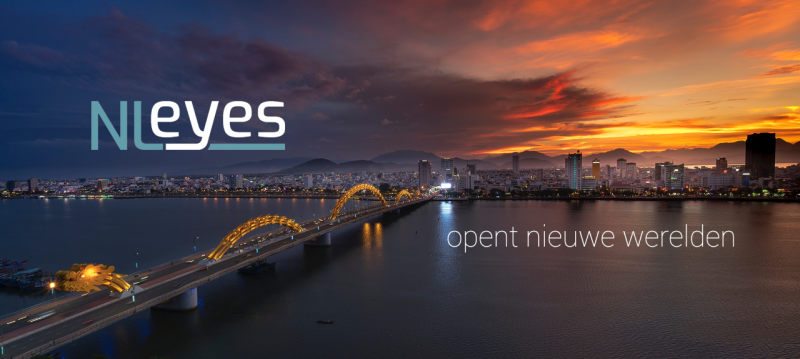

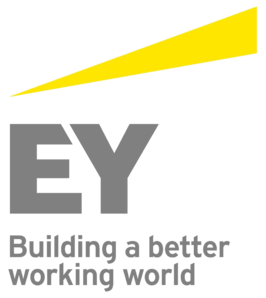
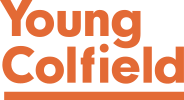
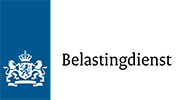

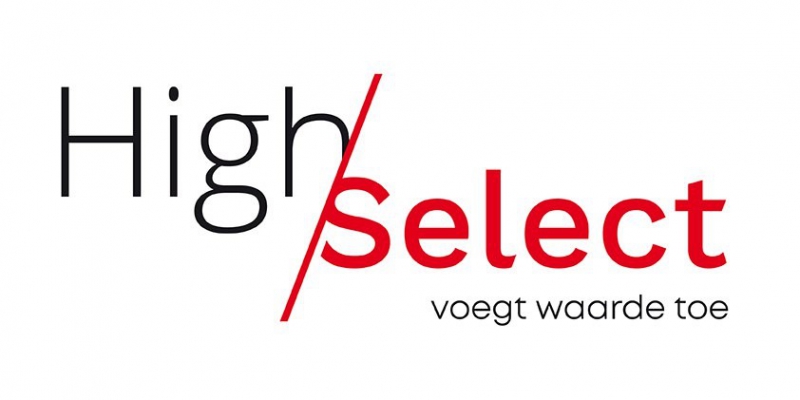
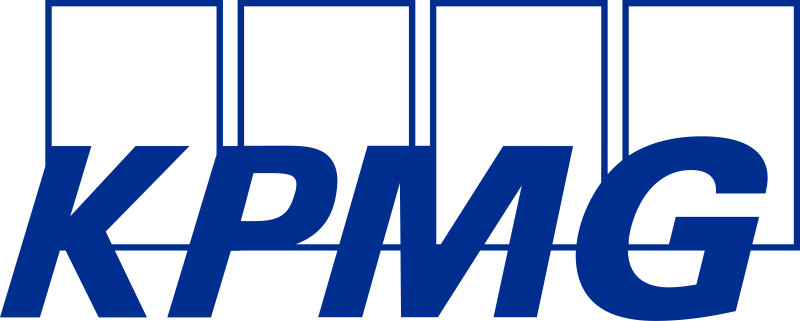
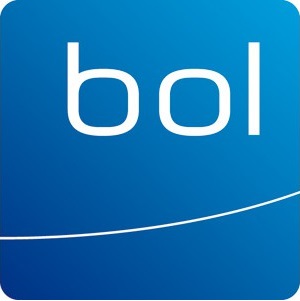
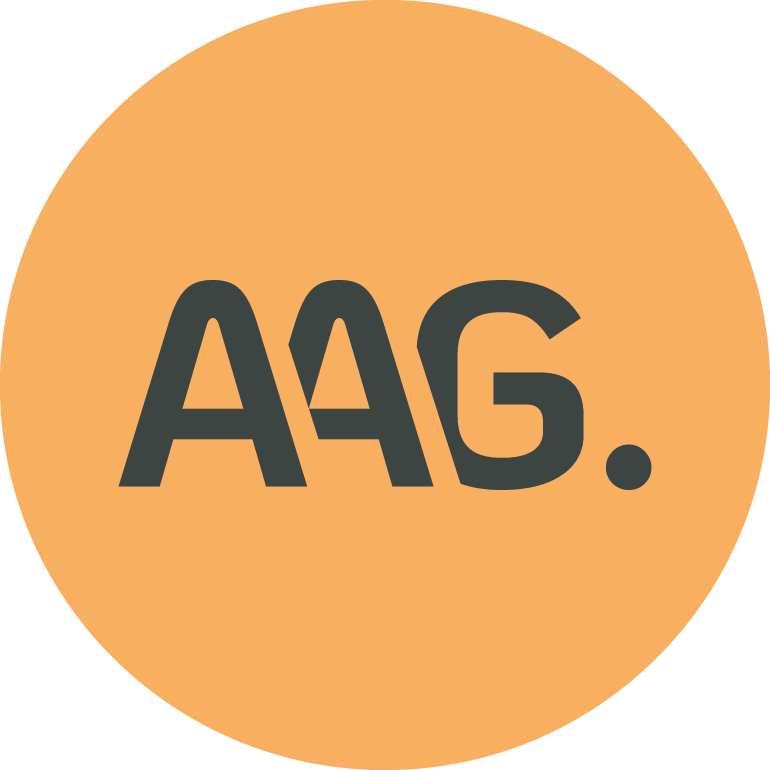
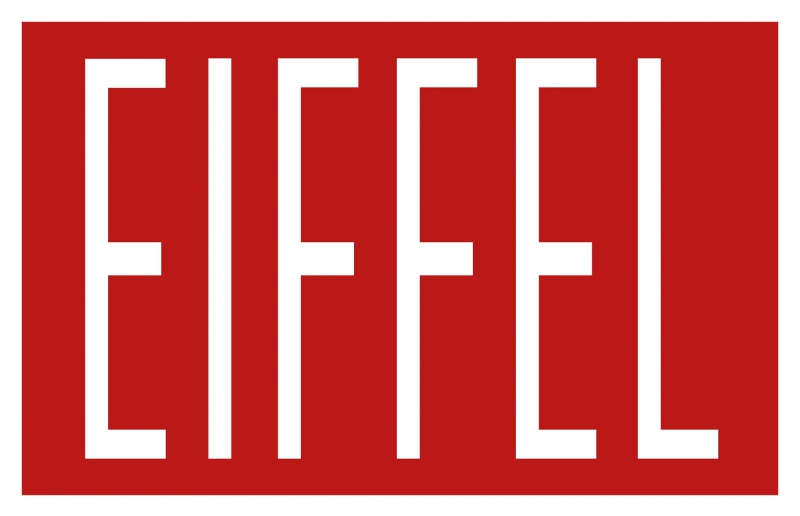
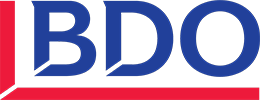

.png)




